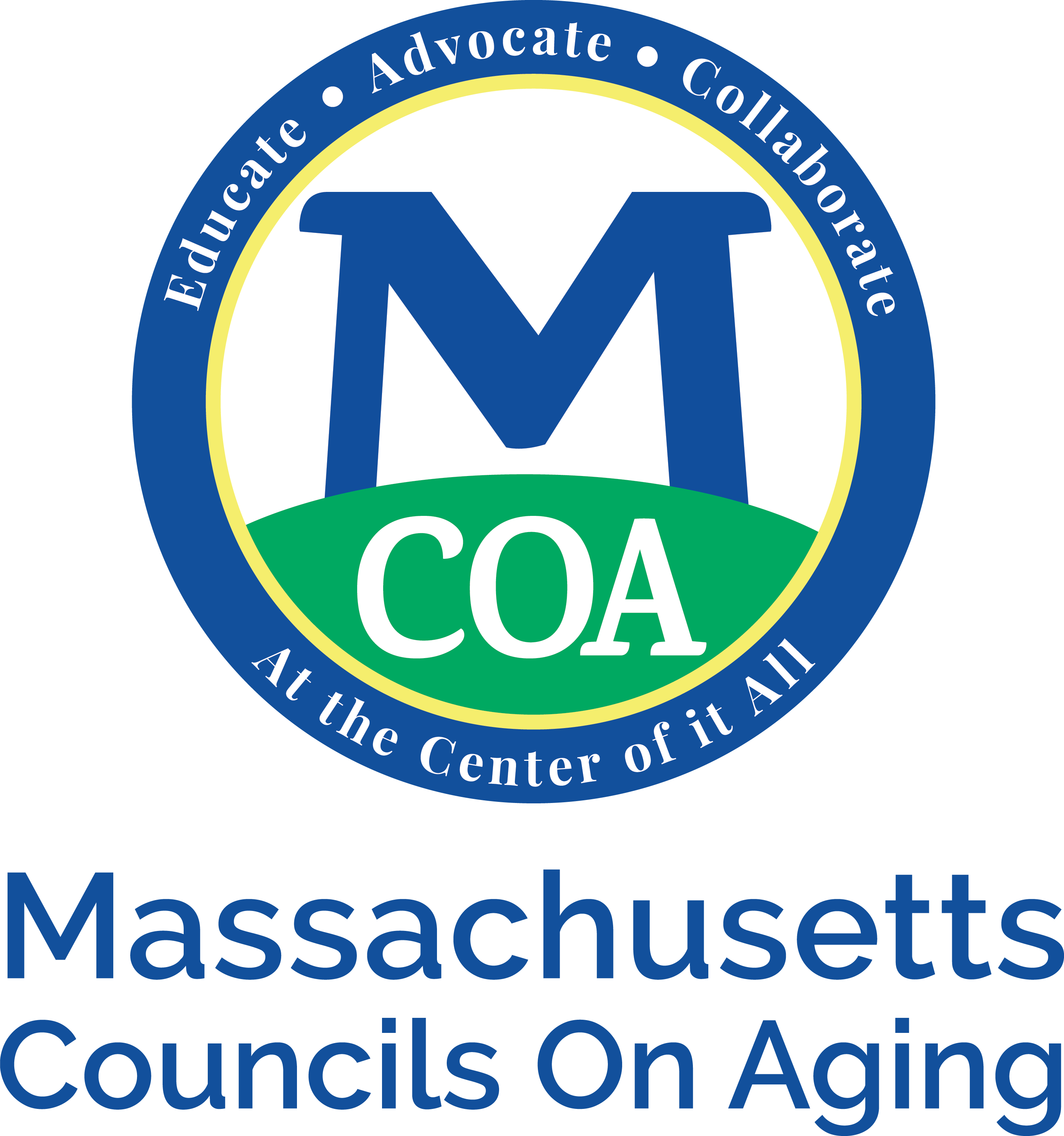Apr 5, 2024 | Economic Security & Outreach Blog, Money Management
How many times have you worked with a client who is struggling to stay in their home in part because they are no longer paying bills? Sometimes other elements of maintaining a household are stable, but this lapse is putting the client at risk.
I have never had a client accept help with their finances willingly, but I keep thinking about how we can describe available services in a way that makes it easier for someone who needs them to say yes.
For one thing, I’d emphasize that clients accepting help from trained volunteers and agency staff members may define the level of help that they want. If they just want monthly assistance opening and paying bills, that’s an option. If they want help creating a budget, that’s an option. If they are ready to cede bill-paying responsibility to a representative payee and give that person the authority to sign checks on their behalf, that, too, is an option.
Twenty-one of the 24 ASAPs in MA offer a local version of the MA Money Management Program, which is overseen by Mass Home Care and supported by EOEA and AARP.
The AARP Money Management Program recruits volunteers. From their webpage: “There are many volunteer opportunities available with the Massachusetts Money Management Program, including bill payer, monthly account monitor, office assistant, outreach assistant, and special projects. The biggest need is for bill payer volunteers who work one on one with individuals.”
If you’re interested in learning what’s offered in your community but not yet connected with your local ASAP, here’s the list:
Money Management Program Directors in ASAPs are usually eager to present programs at Senior Centers! Even if the people attending aren’t in need of these services, they often know people for whom money management would be helpful—these attendees can become trusted spokespeople. Some might even want to volunteer for the program.
Stay tuned for my next blog essay in which I’ll break down the levels of help available so that you can be familiar with the vocabulary and have clarity when describing options to your clients.
Apr 5, 2024 | Economic Security & Outreach Blog, Money Management
Money Management Programs, offered in several ASAPs in MA, have two levels of assistance:
Bill Pay: The Bill Pay program utilizes trained and supervised volunteers to support older adults in their current living situations by assisting with paying bills and reviewing budgets. The volunteer-client connection generally is the result of a referral from a Care Advisor, Protective Services Case Worker, Outreach Coordinator, or other social services professional. Clients must voluntarily accept this service. On a monthly basis an MMP volunteer will meet with the client and review the bills for that month, assist in writing checks (but not signing the check), reviewing bank statements to make sure there are no issues. The MMP volunteer will report any concerns to the MMP Supervisor for follow up.
Representative Payee: The Rep Payee program is a program that offers eligible older adults a greater degree of assistance, and the Rep Payee—the volunteer or MMP staff member– is given authority to write and sign checks using the client’s Social Security Retirement income (and only that income!).
The Rep Payee program requires a medical, or therapeutic diagnosis from a professional stating that the elder does not or cannot perform the essential function of paying bills. In addition to the normal resistance that people feel to giving this level of control over their finances, obtaining the diagnosis necessary for eligibility can be a barrier, but Protective Services departments may be able to offer assistance when the need is demonstrated, particularly when the referral comes from a Money Management Program colleague. At some ASAPs, Money Management Programs are under the supervision of Protective Services departments.
Possible reasons for needing this level of help can include a diagnosis of Alzheimer’s, dementia or a mental health disorder.
The Social Security Administration must approve the use of a Rep Payee on an individual basis and the Rep Payee program only uses Social Security income. Pensions, stocks, trusts are not eligible sources of money for bill paying in the Rep Payee Program. Once Social Security approves the application, the Rep Payee will use the client’s money to pay all bills owed on a monthly basis. The Rep Payee is also responsible for changes to the bills, making sure the bills are current, and making the best use of the client’s statements. Social Security performs regular audits on Rep Payee programs.
Family members can also become Rep Payees, and information on taking on that role can be found here:
This program can help older adults stay in their homes longer! Do you have success stories regarding referrals to MMP? We’d love to hear about them! Destigmatizing saying yes to this kind of help can go a long way.


